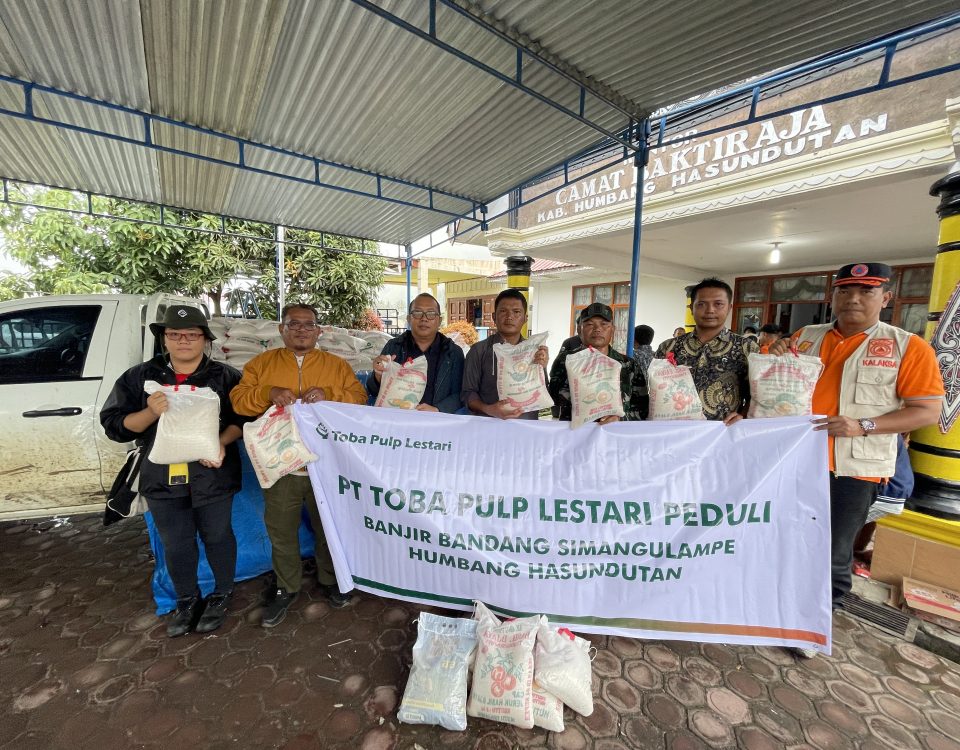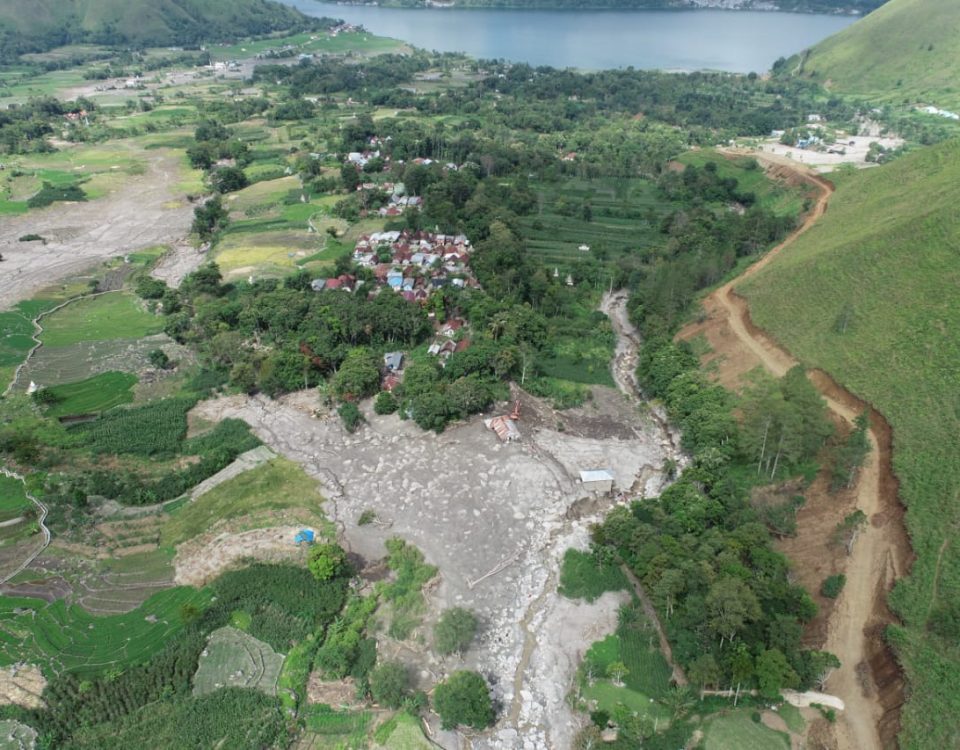Farmers, business coorporate to boost incense production

Haminjon & andaliman Enliven The Toba’s Geopark Caldera
26 Desember, 2014
The Haminjon Farmers Are Waiting For The Success Of Haminjon Cultivation
8 Desember, 2016Farmers in Humbang Hasundutan regency, North Sumatra, are collaborating with PT Toba Pulp Lestari to plant incense trees, locally known as haminjon, in the industrial timber estate (HTI) in Parlilitan district.
Farmers in Humbang Hasundutan regency, North Sumatra, are collaborating with PT Toba Pulp Lestari to plant incense trees, locally known as haminjon, in the industrial timber estate (HTI) in Parlilitan district.
The project was started with a haminjon clone nursery developed using the natural haminjon trees that grew in Habinsaran forest in Toba Samosir regency.
Haminjon is a prime commodity of Humbang Hasundutan, which produces some 18 percent of the total incense sap of 4,000 tons per year nationally.
Almost 60 percent of Humbang Hasundutan’s population works in the incense plantation sector with a combined production value of Rp 2.1 billion (US$162,402) weekly from a 200-hectare plantation area. A hectare of plantation can yield 1.1 tons of sap per year or about 1 kilogram of sap per tree.
Masden Tinambunan, a farmer in Parlilitan district said that haminjon production in Humbang Hasundutan had been steadily decreasing lately from earlier highs.
He expressed the hope that companies like PT Toba Pulp Lestari would be able to restore the golden age of haminjon in the regency.
“Farmers need employers’ assistance to bring back haminjon production to its heyday. This concerns our future,” said Tinambunan after taking part in the planting of haminjon seedlings in Parlilitan HTI earlier this week.
Tinambunan said haminjon sap from Humbang Hasundutan was known for its good quality as a raw material in the perfume industry and regular customers came from as far afield as Europe.
Haminjon sap, according to Tinambunan, is also used as a raw material in the pharmaceutical and tobacco industries, as well as an ingredient in particular religious rituals because of its distinctive aroma.
Humbang Hasundutan legislative council deputy speaker Marsona Simamora said incense production had been part of daily life in the regency for several generations. Many local people, he said, relied for their living on haminjon production.
Parlilitan district head Halim Sidabutar expressed hope that the collaboration between the local farmers and the company would be able to arrest the decline in haminjon production in the regency in recent years. Sidabutar attributed the decline to the fact that many of the haminjon trees in the area were too old to be productive while no new planting had taken place.
PT Toba Pulp Lestari director Juanda Panjaitan said the collaboration had long been planned and received support from many parties including from the Forestry Ministry. He said the collaboration was indeed aimed at helping to boost the productivity of the haminjon plantation in the regency, which had been in decline.
Panjaitan said his company would provide thousands of haminjon seedlings for the farmers to plant throughout Humbang Hasundutan. “The company won’t profit from the yield of the haminjon from this area as it is all for the people,” he added.



